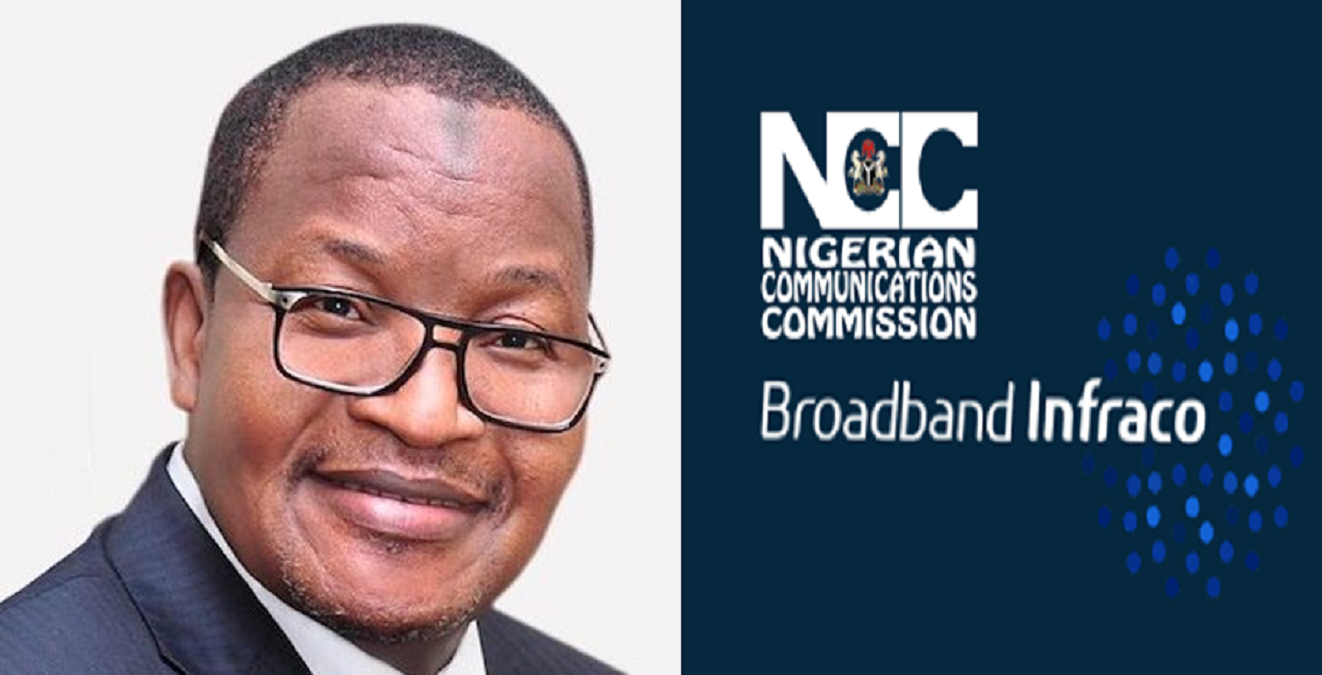The Executive Vice Chairman and Chief Executive Officer of the Nigerian Communications Commission (NCC), Professor Umar Danbatta said about 80 million Nigerians have access to broadband.
Danbatta revealed this at a retreat organised by the Federal Ministry of Communications and Digital Economy (FMoCDE) for senior management staff of the Ministry and all its agencies which commenced on March 31, 2022.
He said the Nigerian Communications Commission has acted superlatively in implementing NDEPS and in the context of the vision of the Federal Government and the supervision of the Ministry.
Danbatta, who made clearly methodical presentations that chronologically documented NCC accomplishments under each of the eight (8) pillars of NDEPS, cited 10 of the 16 regulations that have been instituted in giving expression to the government’s vision on developmental regulation, which is the first pillar of NDEPS.
READ ALSO: NCC backs 2022 Nigeria Digital SENSE Forum
These regulations were focused on Enforcement Processes, Lawful Interception, Quality of Service, Competition Practices, Licensing Regulations, and Universal Access and Universal Service among others.
Danbatta promised to also complete the review of the remaining soonest and activate their implementation. Danbatta, who used a triangulation method in contextualizing the achievement of NCC under the first pillar, itemised the guidelines, regulations and policy development initiatives to discharge the burden of proof of NCC’s effectiveness in the regulation of ICT and digital economy sector through approaches that enabled development.
Danbatta was emphatic that the licensed Infracos have been directed by the Commission to commence immediate roll out without recourse to counterpart funding because the licence issued to them is independent of the counterpart funding agreement.
Dr. Armstrong Takang, an innovative and technology-for-development specialist, who presented the lead paper as guest speaker, praised the Federal Government for concretely aligning ICT, and digital economy with national economic imperatives. Additionally, he commended NCC for driving the necessary infrastructure purposely and strategically, and for its effectiveness in regulating the telecom sector.
Takang, citing Lagos State and the Federal Capital Territory Administration as good models, Takang emphasised the correlates of adoption of technology or automation in economic growth and effective governance, crediting technology for improved internally-generated revenue in Lagos State.
Takang recommended that Nigeria must link technology to specific programmes that are impacting and sustainable. He also asserted that Nigeria needs to undertake pilots for projects that are planned for implementation and utilise the results of the pilots to scale up and for budgeting.
All the agencies and the Ministry were well represented at the retreat by at least 6 officers in the directorate cadre.

 Entertainment1 week ago
Entertainment1 week ago
 Entertainment4 days ago
Entertainment4 days ago
 Comments and Issues1 week ago
Comments and Issues1 week ago
 Comments and Issues1 week ago
Comments and Issues1 week ago
 Business1 week ago
Business1 week ago
 Health6 days ago
Health6 days ago
 Comments and Issues1 week ago
Comments and Issues1 week ago
 Football6 days ago
Football6 days ago

